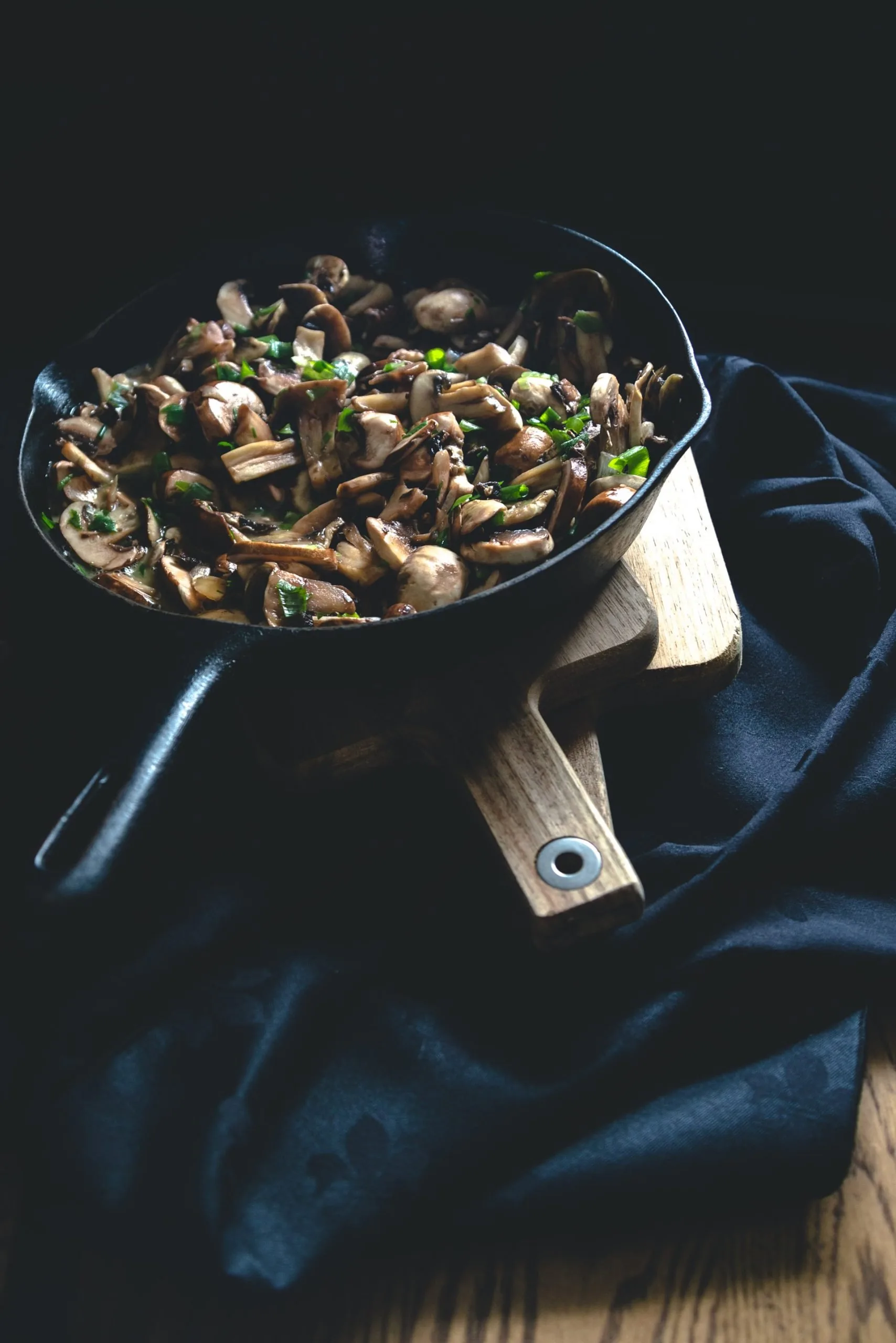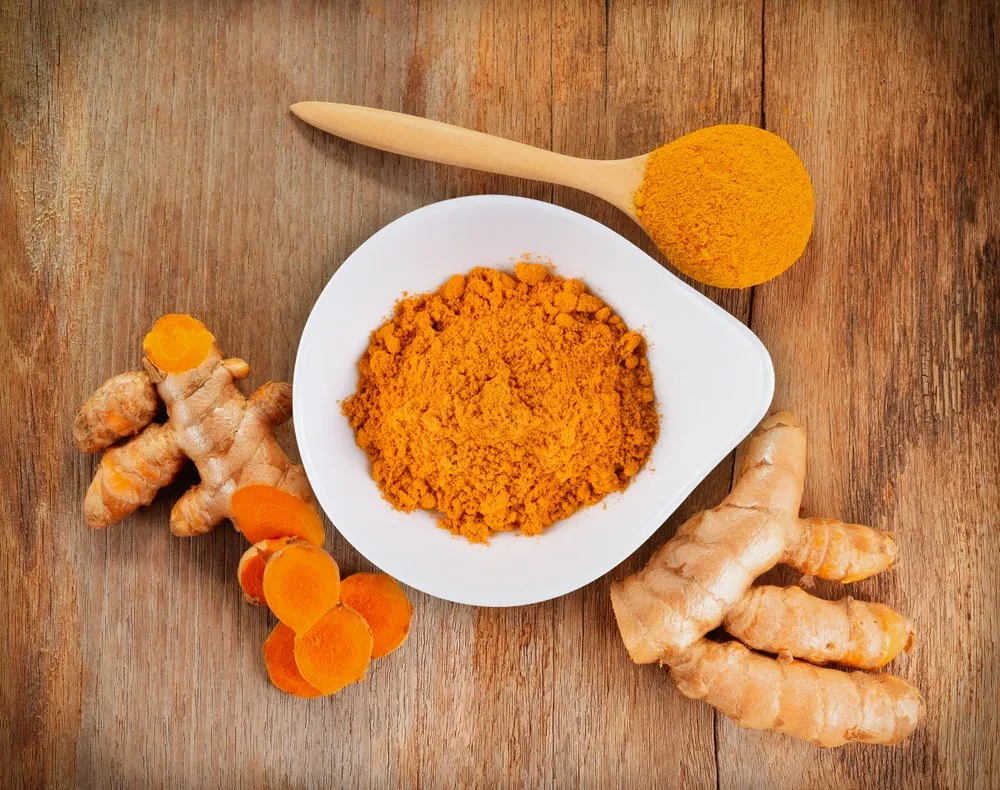The outbreak of COVID-19 has made many people reconsider the status of their immunity. But immunity is something people should always consider. If you have strong immunity, your body will stand a great chance of fighting off illnesses and diseases.
The best way to boost your immunity is to eat a diet rich in nutrients and antioxidants. It ensures that your body gets the minerals and micronutrients it needs to fight diseases.
In a world where fast food is the trend, getting healthy food is not easy, unless you cook. But even cooking requires that you know the type of foods that can benefit your immune system. That said, we have compiled a list for you.
7 Foods To Boost Your Immune System
1. Water

Every nutrition clinic you visit will advise you to drink plenty of water. The importance of water in the body cannot be overemphasized. Water is useful in flushing out toxins through the kidneys, thereby preventing toxin build-up as well as boosting immune function.
Water also boosts adaptive immunity (1). Generally, during periods of energy scarcity, the body suppresses immune function. Consequently, when you are dehydrated, your immune function decreases. This is because the body invests that energy in other physiological systems necessary for immediate survival.
Water is a vital resource without which the body cannot function. It is advisable to always ensure that you are well hydrated by drinking plenty of water. A well-hydrated body will ensure that your immune functioning is optimal.
2. Elderberries
In the modern world, elderberry is used in the manufacture of lozenges and syrups. This does not mean you should start taking lozenges and syrups as supplements, though. You can take them for bacterial sinus infections, as well as colds and flu.
If you can find natural elderberries, that would be a great addition to your diet. Elderberries are rich in chemicals that have anti-inflammatory, anticancer, as well as antiviral properties. To further boost the immune system by reducing flu symptoms and the swelling of mucous membranes, combine it with high-quality CBD edibles which can be purchased from reputed cannabis stores.
3. Mushrooms
Many people do not know the many benefits of mushrooms. This group of fungus is rich in vitamin B vitamins such as riboflavin and niacin and minerals like selenium. Mushrooms are also a rich source of sugar-like molecules and polysaccharides.
Thanks to their chemical composition, mushrooms have cardiovascular-protective, antimicrobial, anticancer, anti-diabetic, anti-inflammatory, and hepatoprotective properties. Mushrooms have an immune modulation through their action on natural killer (NK) cells, lymphocytes, hematopoietic stem cells, T cells, dendritic cells (DCs), and macrophages.

Photo by Sébastien Marchand on Unsplash
4. Oysters
If you love oysters, then you love it, even more, when you realize it’s immune benefits. Oysters are rich in energy, iron, vitamin C, zinc, vitamin A, and selenium. The minerals and vitamins found in oysters are critical for immune function.
Zinc, for example, is important for the wound healing process following an injury. Zinc also helps in the development of white blood cells. It plays an essential role in their activation during the immune response.
5. Garlic
You often see people preparing garlic concoctions for the flu and colds.
One of the primary uses of garlic is to boost immune function. Garlic contains a compound called allicin, which is useful in fighting viruses and bacteria. When crushed, alliin turns to a compound called allicin, which contains sulphur. Alliin also contains other beneficial properties that help garlic in fighting viruses.
Garlic has immune modulation properties. It is involved in cytokine secretion, macrophage activation, immunoglobulin production, and phagocytosis. Through these mechanisms, garlic stimulates cells such as natural killer (NK) cells, macrophages, eosinophils, lymphocytes, and dendritic cells.

Photo by Eiliv-Sonas Aceron on Unsplash
6. Ginger
Many people take ginger shots to fight common ailments such as flu. The use of ginger as a remedy is an old tradition that has been in practice for many centuries. Ginger has potent anti-inflammatory and antioxidant properties that are believed to boost immune health.
Studies have shown that ginger has immune benefits, which are critical in fighting cancerous cells. Apart from anti-inflammatory and anti-oxidative properties, ginger contains antimicrobial, which makes it useful in treating a range of ailments.
What makes ginger beneficial to the immune system is its phytochemistry. The plant contains functional groups such as paradols, shogaol, and gingerols. These chemicals, found freely in ginger, are valuable in preventing various types of cancer.
7. Turmeric
Turmeric has immunomodulating properties that make it a great addition to your daily food intake. The root is derived from the roots of the Curcuma plant.

Turmeric contains a compound known as curcumin, which is full of anti-inflammatory properties. This ability to fight inflammation makes it an essential nutrient for boosting immunity.
While turmeric is beneficial to the body, eating raw turmeric may not be useful as curcumin is poorly digested. The fact is that most of it just stays in the gut.
Conclusion
Many ordinary foods can boost your immunity and make you healthier. Most of these foods contain nutrients such as vitamins and minerals that you will find in most health supplements. You can boost your immunity by simply adding these foods into your diet plans.

References
- https://www.ncbi.nlm.nih.gov/pmc/articles/PMC3660207/
- https://www.ncbi.nlm.nih.gov/pmc/articles/PMC4684115/
- https://www.ncbi.nlm.nih.gov/pmc/articles/PMC4417560/
- https://www.ncbi.nlm.nih.gov/pmc/articles/PMC3665023/



![women [longevity live]](https://longevitylive.com/wp-content/uploads/2020/01/photo-of-women-walking-down-the-street-1116984-100x100.jpg)










